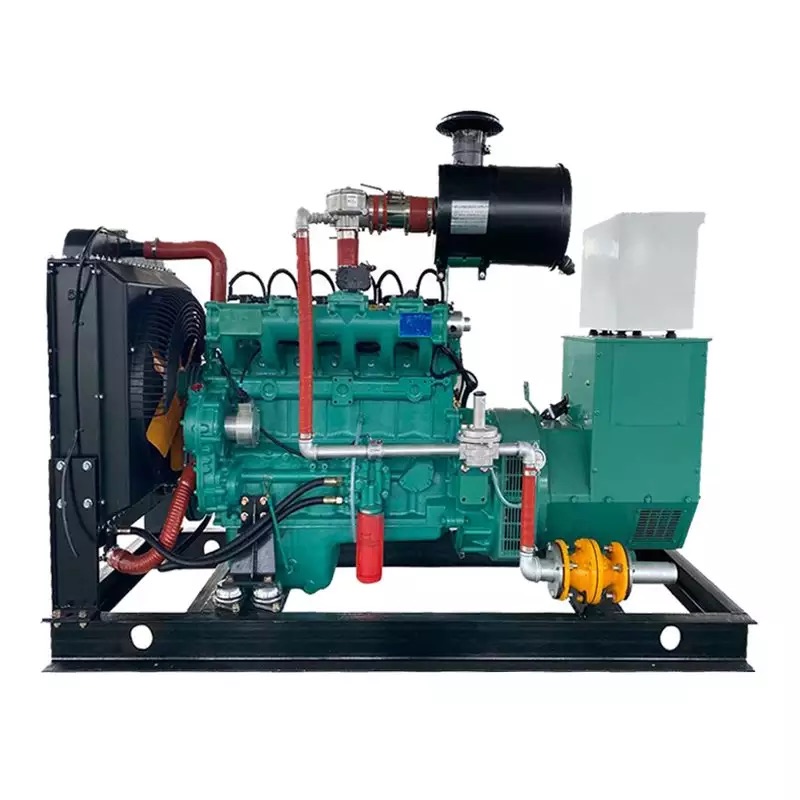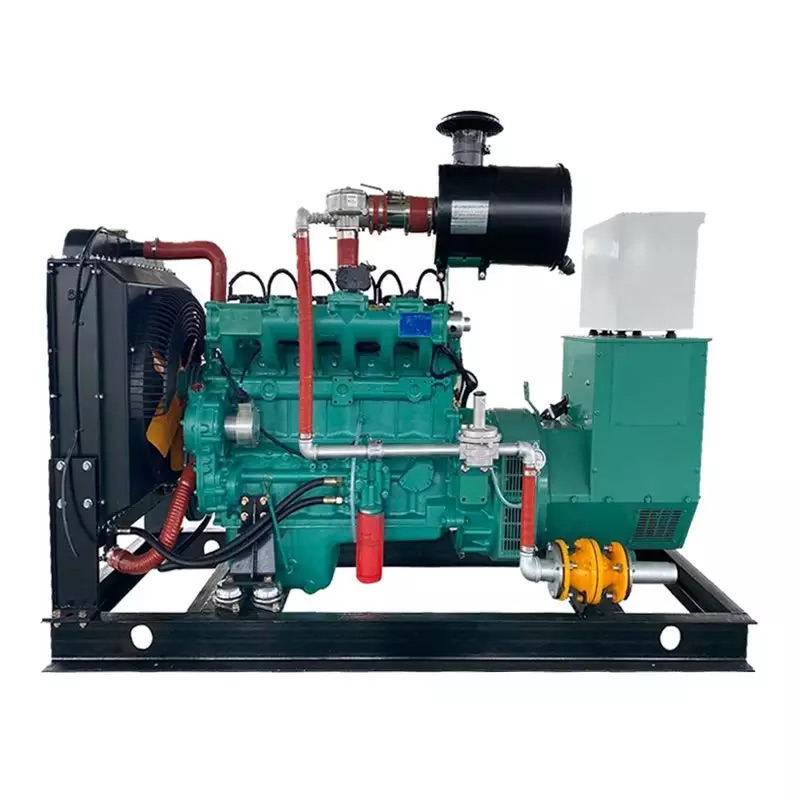Do you ever wonder just how much gas your generator guzzles? It’s a common question, especially if you’re trying to budget for fuel or plan for an emergency. The answer isn’t straightforward because it depends on several factors like generator size, load, and fuel efficiency. Let’s break it down and figure out exactly what you need to know.
So, how much gas does a generator take? On average, a standard portable generator uses about 0.75 gallons of gas per hour at half load. Larger, industrial generators may consume more, ranging from 1 to 5 gallons per hour depending on the capacity and load.
Now, let’s dive into the nitty-gritty details and see how these numbers can vary. After all, knowledge is power, and in this case, it’s literally the power to keep your operations running smoothly.
What Factors Affect Gas Consumption?
Several variables influence how much gas your generator will use. Let’s discuss the main ones:
Generator Size and Capacity
The size and capacity of your generator play a significant role in fuel consumption. Smaller generators, like those you might use for home backup power, typically consume less fuel. In contrast, large industrial generators used for factories or commercial buildings need more fuel to produce the higher power output required.

Load Percentage
The amount of power your generator needs to supply, often referred to as the load, affects fuel consumption. A generator running at full load will consume more gas than one running at half load. For instance, a 5 kW generator might use about 0.75 gallons per hour at half load but could double that at full load source.
How Does Generator Type Influence Fuel Consumption?
Different types of generators use varying amounts of fuel. Let’s look at a few common ones:
Portable Generators
Portable generators, popular for their versatility and ease of use, are typically less fuel-efficient than their larger, stationary counterparts. They are designed for short-term use and can burn through gas quickly, especially when running at higher loads.

Standby Generators
Standby generators, which are permanently installed and connected to your home or business, tend to be more fuel-efficient. They are built for long-term use and often come with features that optimize fuel consumption, like automatic load management source.
Does Fuel Type Matter?
Absolutely, the type of fuel you use can impact how much gas your generator consumes.
Gasoline
Gasoline is common for smaller, portable generators. It’s easy to obtain but not the most efficient. Gasoline-powered generators typically use more fuel per hour compared to other types.
Diesel
Diesel generators are known for their fuel efficiency and longevity. They consume less fuel per hour than gasoline generators, making them a popular choice for heavy-duty and industrial applications.

Natural Gas
Natural gas generators are convenient if you have a steady supply of natural gas, such as from a utility provider. They tend to be less efficient than diesel but more so than gasoline source.
What’s the Cost Implication?
Fuel costs can add up, especially for businesses that rely on generators for significant power needs. Here’s a simple way to estimate your costs:
- Calculate the fuel consumption per hour: For instance, a generator consuming 0.75 gallons per hour.
- Determine the cost per gallon: Say gasoline is $3 per gallon.
- Multiply these values: 0.75 gallons x $3 = $2.25 per hour.
For a generator running 24 hours, this would amount to $54 per day.

How Can You Optimize Fuel Consumption?
To get the most out of your fuel, consider these tips:
Regular Maintenance
Keeping your generator in top condition ensures it runs efficiently. Regular oil changes, air filter replacements, and engine tune-ups can significantly impact fuel usage.
Load Management
Avoid running your generator at full load whenever possible. Spread out your power needs to reduce the load on the generator, which helps in reducing fuel consumption.

Upgrade to More Efficient Models
If your budget allows, investing in a more fuel-efficient generator can save you money in the long run. Modern generators come with features designed to optimize fuel use, like variable speed technology source.
What About Environmental Impact?
Using fuel-efficient generators not only saves money but also reduces your carbon footprint. Diesel and natural gas generators, in particular, produce fewer emissions compared to gasoline models.
Low Emission Models
Look for generators that meet or exceed emission standards. These models are designed to operate more cleanly, which is better for the environment and can also be more fuel-efficient.

Conclusion
Understanding how much gas your generator uses helps in planning and budgeting for fuel costs. By considering factors like generator size, load, type, and fuel efficiency, you can make informed decisions to keep your operations running smoothly. Regular maintenance and investing in modern, efficient models can further optimize your fuel consumption and reduce environmental impact.
That’s it! By staying informed and proactive, you can ensure your generator runs efficiently, saving you both money and headaches in the long run.


